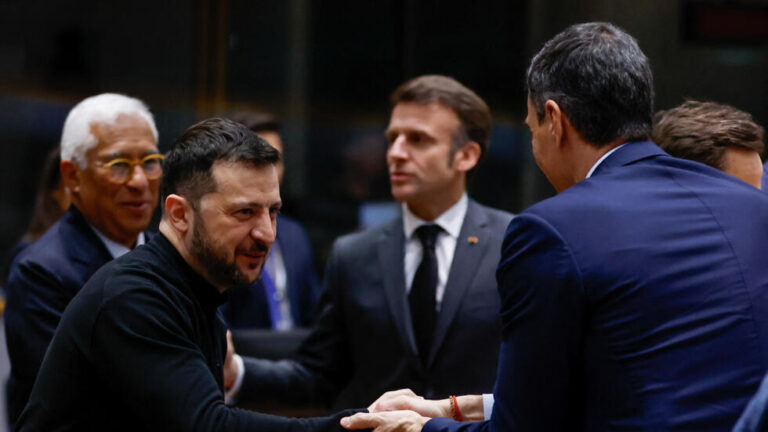In light of escalating tensions and the imperative to bolster defense capabilities, European nations are revisiting the concept of conscription to augment their military forces. The cessation of the Cold War prompted many European countries to downsize their armies and suspend mandatory military service. Notably, France halted conscription, resulting in a 38% reduction in its armed forces since the 1990s. However, nations such as Austria, Cyprus, Denmark, Estonia, Finland, Greece, Norway, Switzerland, and Turkey have maintained compulsory service.
Would you fight for your country in case of war?

The Renewed Conscription Debate
The resurgence of Russian military assertiveness has reignited discussions on reinstating conscription. A joint analysis by the Bruegel think-tank and the Kiel Institute estimates that Europe requires an additional 300,000 troops to ensure its defense, supplementing the existing 1.47 million active military personnel, including those in the UK. Dr. Alexandr Burilkov of Leuphana University of Lüneburg emphasizes the urgency of this reinforcement, stating that the primary goal is to have sufficient troops to “send a strong deterrence message” to potential aggressors.
NATO allies are actively deliberating methods to achieve this augmentation, with conscription emerging as a pivotal consideration. A NATO official highlighted that while the alliance does not dictate national military policies, it plays a role in defining requirements and facilitating exchanges among member states. The official noted that discussions on best practices, lessons learned, and NATO’s potential role in addressing recruitment and retention challenges are slated to be prominent on the alliance’s agenda in the forthcoming months.
Baltic States Leading the Charge

Polish soldiers marching with Polish and NATO flags in Warsaw on Aug. 15 (Source:Marek Antoni Iwanczuk/ZUMA)
In response to the evolving security landscape, Baltic nations such as Latvia and Lithuania have implemented various conscription models to expand their armed forces. Croatia also plans to reintroduce compulsory military service this year, with intelligence services warning of a potential Russian attack on a NATO member state within five years. These developments underscore the urgency of bolstering military readiness.
The Baltic and Nordic countries offer valuable insights into effective conscription models. For instance, Lithuania provides financial support to volunteers, along with employment and educational assistance during and after military duty. Estonia’s Defense Forces collaborate with private employers through initiatives like the Cyber Conscription program, enhancing participants’ skills applicable to their civilian careers.
Challenges and Public Perception
Reintroducing conscription is fraught with challenges. Many countries lack the necessary infrastructure for training, medical evaluations, and administrative processes associated with mandatory service. Linda Slapakova of RAND Europe cautions that before mandating military or civilian service, countries should address existing issues within their armed forces.
Public willingness to participate in national defense varies across Europe. A Gallup poll revealed that 32% of EU citizens are willing to fight for their country.


